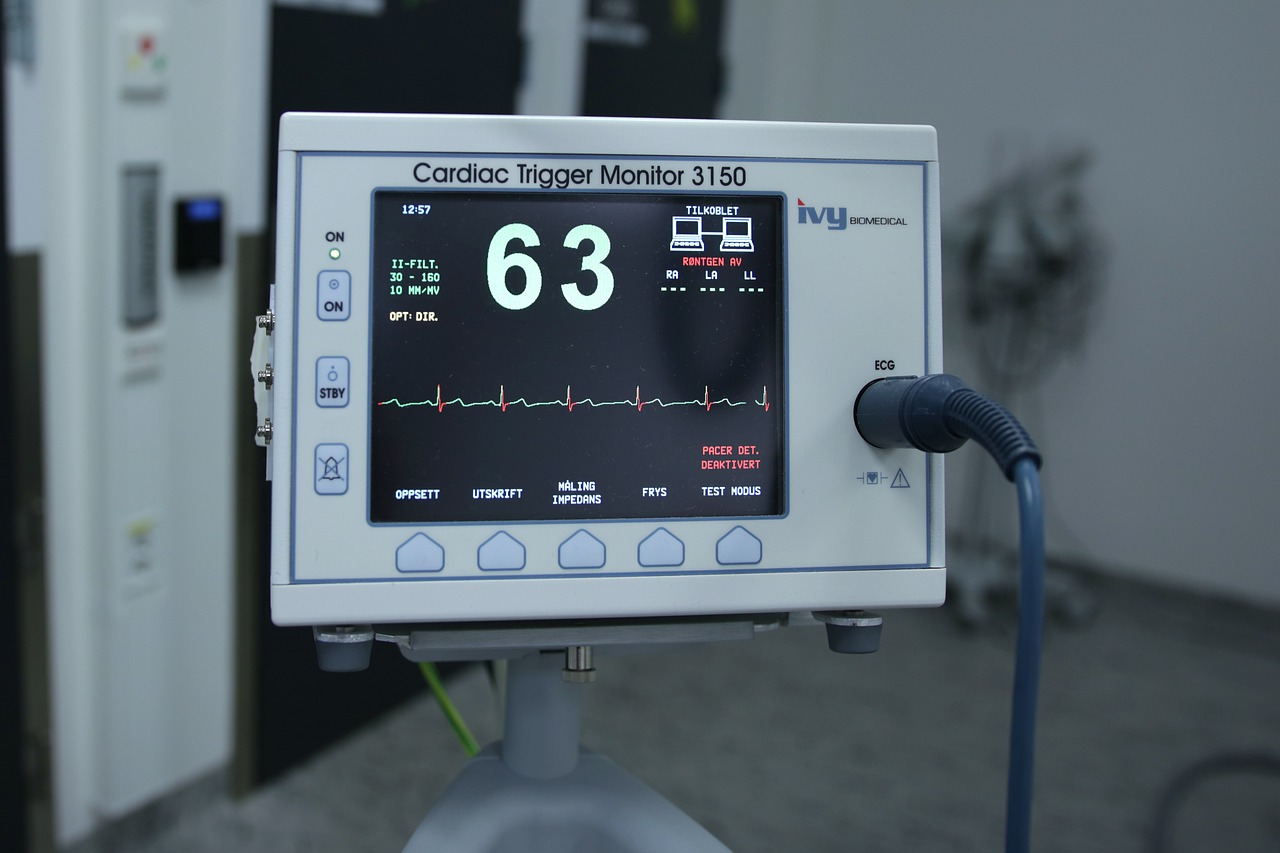
Everyone! Or nearly everyone. Heart disease remains the number one cause of death in men and women and I routinely attend funerals for people under the age of 60 who suffer sudden death due to blocked heart arteries as there first sign of heart disease. How tragic when there is the ability to determine precisely what risk each and every individual is at. And it is not expensive, dangerous, or painful. You can know your ‘arterial age”, also known as “heart age”, early in life to avoid surprises.
Traditionally, doctors and patients have monitored slow-growing risk factors such as blood pressure and cholesterol and waited to act until the numbers were “bad.” Instead, we should proactively move people toward optimal health, trying to preserve the good health with which we are born rather than settling for numbers that are “OK” or “borderline.” The earlier in life a preventive cardiology evaluation and plan is set in place, the lower is the risk of developing a tragic heart attack, stroke or death.
Though every person could benefit from seeing a preventive cardiologist, there are four main categories of people that benefit the most from coming to see us.
1. Strong family history of heart disease
Individuals in this group may have genetic issues with which they were born that increase their risk of a heart attack. People with a strong family history of heart disease, particularly in their parents and siblings at a young age, should be screened for risk factors, including advanced blood tests like the Cleveland Heart Lab. Often, screening them with imaging tests of the blood vessels, such as a coronary artery calcium scan (CACS) and a carotid intimal-medial thickness (CIMT) ultrasound are used to directly measure arterial age. Everyone in this category should see a preventive cardiologist to assess their risk in detail.
2. Personal history of early-age heart disease
Having a heart attack or stroke at a young age is unusual. The causes of heart disease can vary greatly, so the approach to treatment should be specific to each patient. Early-age heart disease patients usually need more aggressive evaluation and care. For example, one of the newest and most potent cholesterol treatments, PCSK9 inhibitors, may be used in preventive cardiology care.
3. Severe cholesterol disorders
People in this group often have extremely high cholesterol that can’t be lowered by lifestyle or diet changes. There’s almost always a genetic cause for this although I have seen people following a high-fat animal based ketogenic diet and drive their cholesterol over 500 mg/dl. In preventive cardiology we can provide earlier and more aggressive treatment with access to lifestyle education and new drugs as they are developed to lower cholesterol.
4. Multiple uncontrolled risk factors
People in this group have the typical risk factors for heart disease: uncontrolled high blood pressure, high blood sugar or outright diabetes, obesity, smoking, unhealthy diet, and lack of exercise. Each is a risk factor on its own, but when they come together it makes preventing and controlling heart disease more complicated for patients.
I enjoy helping patients like this. One of the key ways to achieve results is to monitor heart health numbers and actual arterial age measurements using CIMT to help you understand what they mean. Preventive cardiology is the most exciting field of heart care and I am honored to serve you.

